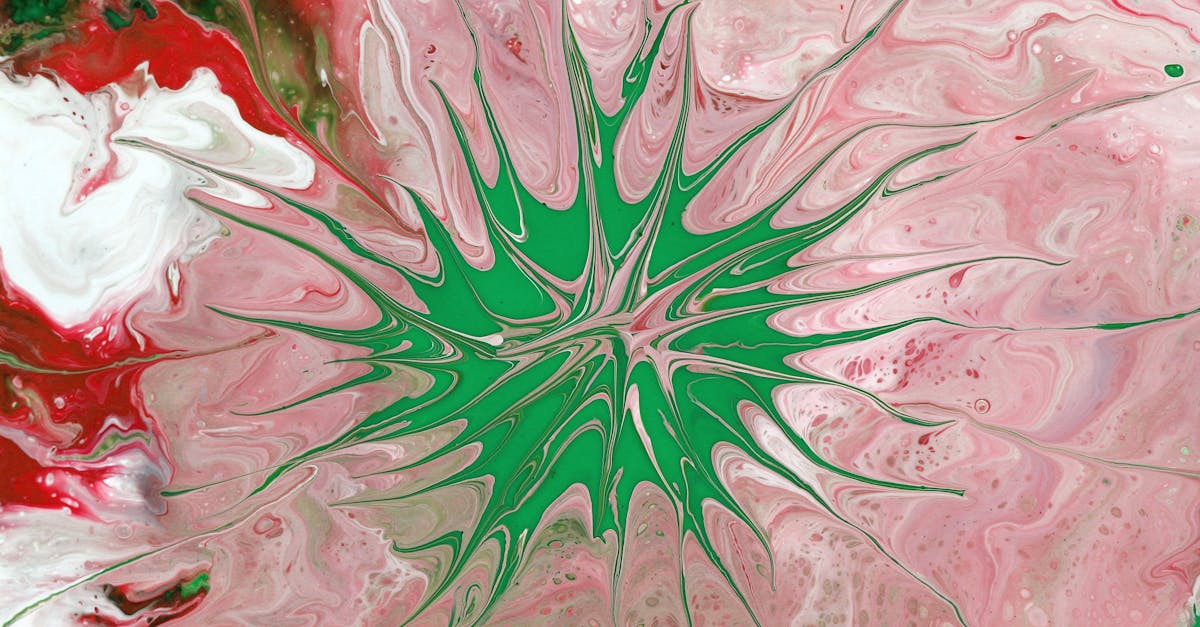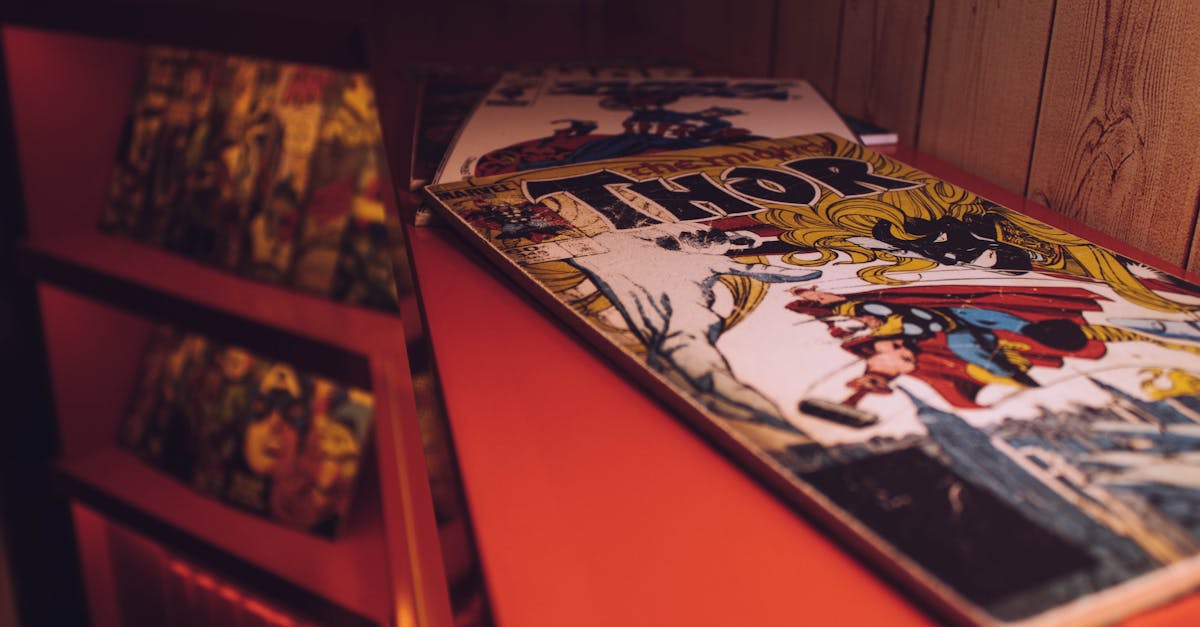Creative Insights 2027 Arts Entertainment Reimagined
Introduction
The arts and entertainment landscape has always been a reflection of society, evolving with the changing times. As we look ahead to 2027, we see a playground for technology and innovation to reinvent creativity. This era promises to blend reality with imagination in ways previously unthought-of. From virtual reality spectacles to AI-powered performances, the scope of creative potential seems limitless. Technological advancements will empower artists while transforming audience engagement. This article explores how arts and entertainment will be reimagined in 2027, reshaping cultural narratives and consumer experiences.
Advertisement
Emergence of Hybrid Art Forms
By 2027, the art industry will transcend traditional boundaries, merging various forms into dynamic hybrid expressions. Artists across the globe will experiment with amalgamating digital technologies with traditional art forms, creating interactive installations, multi-sensory experiences, and immersive performances. This fusion will lead to creations that engage not just visual and auditory senses but tactile and olfactory ones as well. Museums and galleries will embrace these innovations, offering virtual walkthroughs paired with physical displays, creating a seamless blend of the digital and real world. These art forms will redefine how audiences perceive and interact with art, making it a more personal experience.
Advertisement
Virtual Reality Takes Center Stage
In the realm of entertainment, virtual reality (VR) will become more than just a concept; it will be a centerpiece. By 2027, VR technology will allow viewers to step into their favorite movies, concerts, or even historical reconstructions. Imagine watching a concert not from a seat but from the stage alongside performers, or experiencing a film from within, becoming part of the story. This level of immersion will transform passive viewers into active participants. As VR technology becomes more accessible, the gaming industry and live performances will see unprecedented integration, allowing for personalized and interactive storytelling.
Advertisement
AI as Artistic Partner
Artificial intelligence (AI) will emerge as a key collaborator in the artistic process by 2027. Artists will harness AI algorithms to co-create music, visual art, dance choreography, and even literature. AI will assist filmmakers in generating scripts or editing footage with precision, freeing creators from time-consuming tasks and allowing them to focus on storytelling. Moreover, AI-driven installations will adapt in real-time to audience feedback, providing a unique experience at each encounter. While debates about authenticity arise, the symbiotic relationship between human creativity and AI will be seen as a pathway to unexplored artistic territories.
Advertisement
Localized Entertainment and Global Culture
With globalization, entertainment platforms will cater to both local and global audiences. Streaming services will develop innovative algorithms to feature content that respects cultural nuances while appealing to a worldwide audience. By 2027, regional art and entertainment will receive unprecedented attention as global platforms scout diverse, rich content from various cultures. Films and series with subtitles and voiceovers in multiple languages will enable cross-cultural appreciation and education. This trend will lead to a deeper understanding and celebration of diversity, making the arts a bridge between different cultures.
Advertisement
A Revolution in Audience Engagement
Audience engagement will reach new heights by 2027 with advancements in technology and interactive practices. Innovative platforms will allow audiences to influence plotlines in real-time during a live performance or film. Interactive galleries, where visitors can alter exhibits, will become popular, engaging visitors in the creative process. Personalized art experiences will become the norm through augmented reality apps that interface with personal devices, tailoring content based on individual preferences and interaction history. This evolution will not only amplify audience participation but also reshape the creator-consumer relationship in a meaningful way.
Advertisement
Sustainable Artistic Practices
The environment will take center stage in artistic expression by 2027, emphasizing sustainability. Artists and creators will employ eco-friendly materials and techniques, acknowledging the industry's impact on the planet. Theaters and concert venues will integrate green technologies, including solar power and waste recycling, becoming self-sufficient. Art installations will use recycled materials or highlight environmental issues, making art not only a medium of expression but also a tool for advocacy. This commitment to sustainability will inspire a new generation of creators to develop projects that are both innovative and environmentally conscious.
Advertisement
Adaptive Business Models
The business of arts and entertainment will evolve, leveraging technology to create new revenue streams and opportunities for monetization. By 2027, crowdsourcing and blockchain technology will support independent creators in gaining funding and ensuring their intellectual rights are protected. Subscription models will diversify, with opportunities for audiences to support creators directly, receiving personalized content or exclusive merchandise. With the rise of digital platforms, micro-payments for individual artworks or performances will become commonplace, democratizing access to art and entertainment for all.
Advertisement
The Role of Education
Education in the arts will expand its focus to include digital literacy, ensuring the next generation of creators can harness new technologies. By integrating VR, AI, and digital art methods, schools will prepare students for an industry that is constantly evolving. Collaborative projects, cross-discipline endeavors, and international partnerships will foster creativity and innovation. Institutions will serve as creative incubators where young artists can experiment with cutting-edge technologies, learn from industry experts, and contribute fresh ideas to the artistic landscape. This shift will cultivate a diverse talent pool, driving future advancements in the arts.
Advertisement
Conclusion
As we journey towards 2027, the arts and entertainment landscape is poised for a transformative era. Fueled by technological progress and cultural exchange, this period will witness the convergence of digital and traditional art forms. Audiences will experience creativity like never before, becoming active agents in the storytelling process. Even as new ethical considerations arise, the industry will strive to harmonize tech innovation with core artistic values. This future promises a vivid canvas for human imagination, marking an invigorated chapter in the chronicles of creativity.
Advertisement








